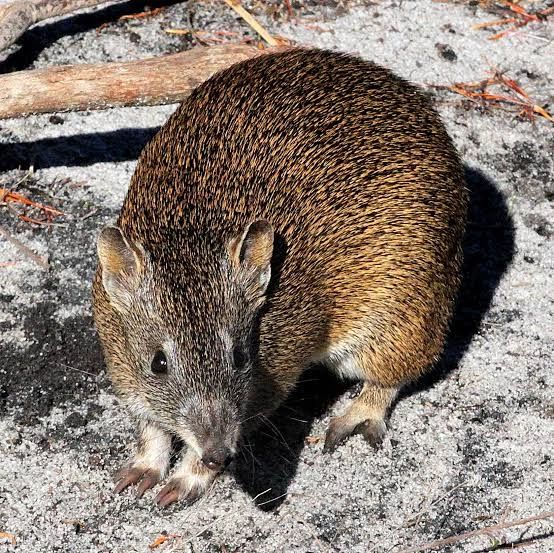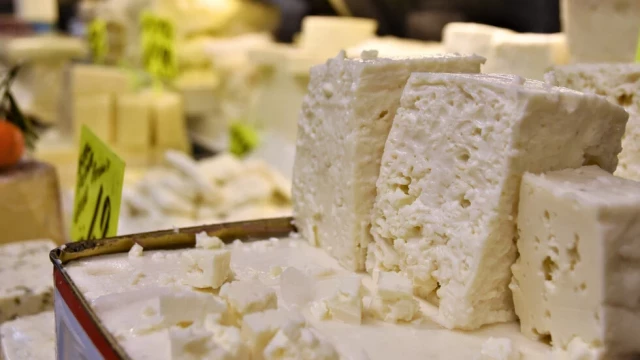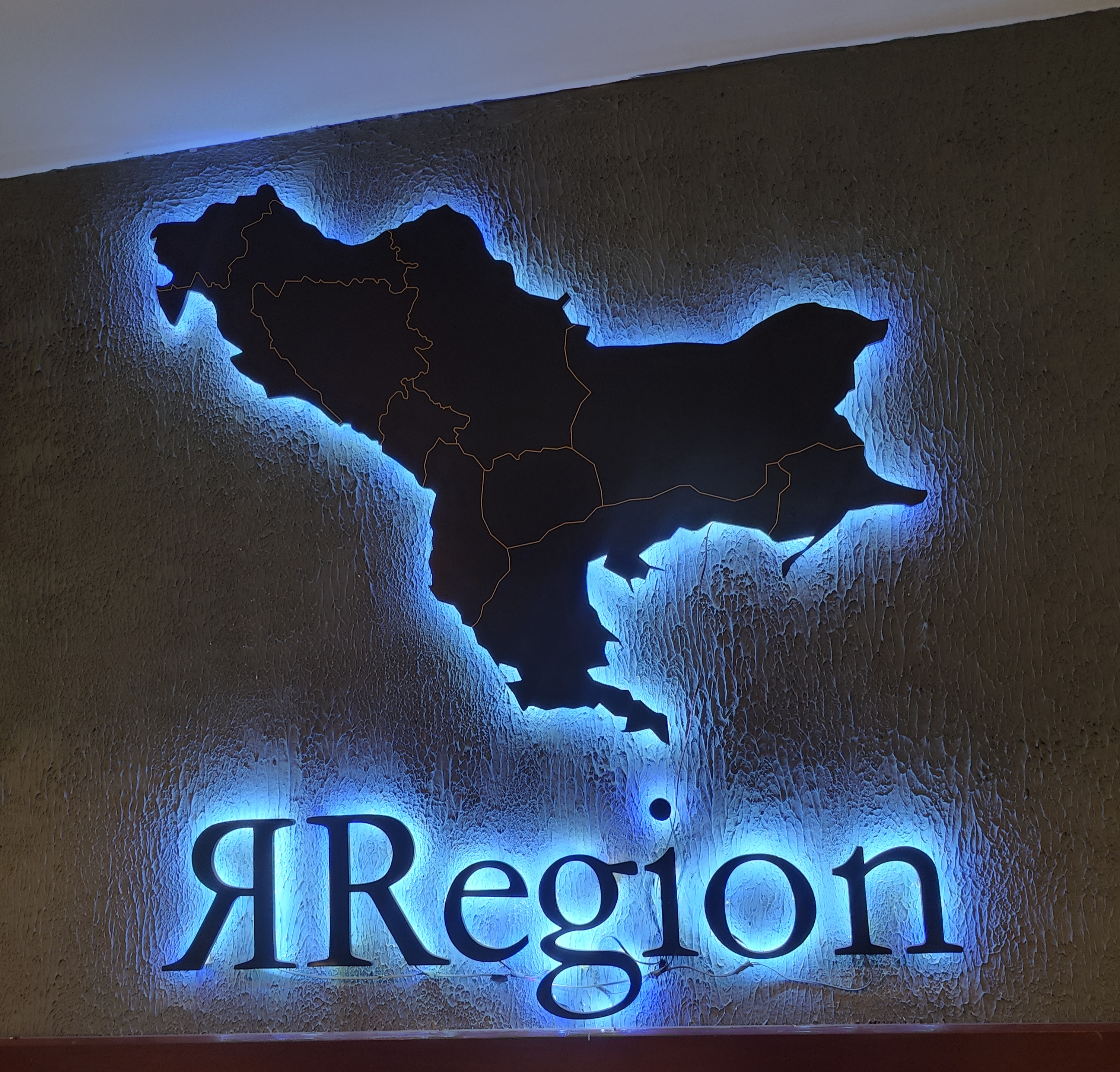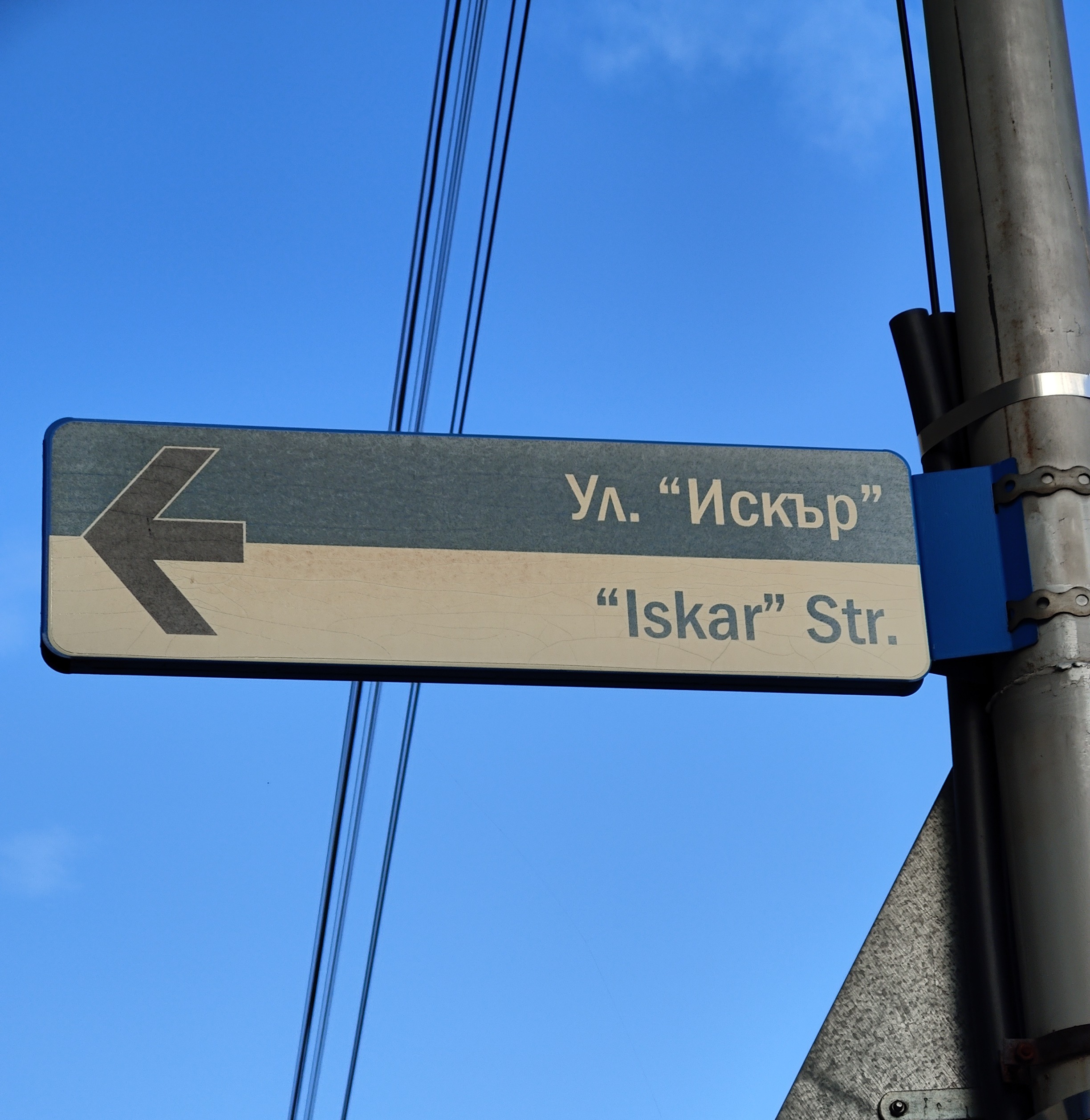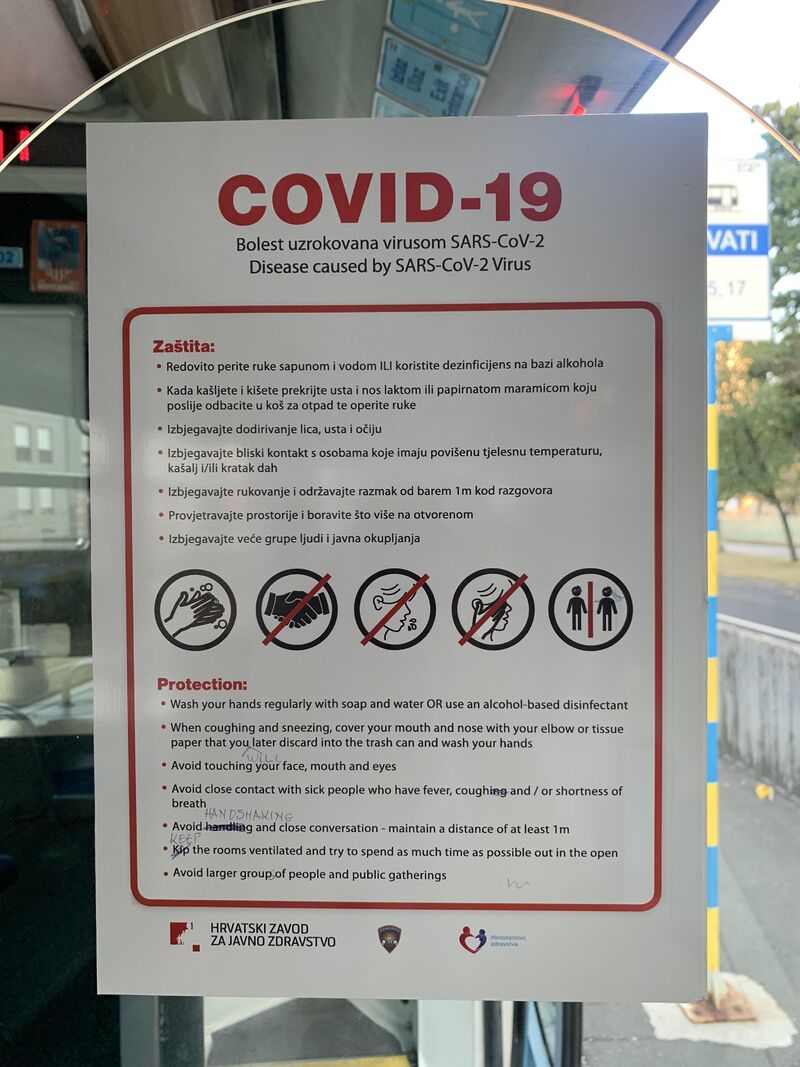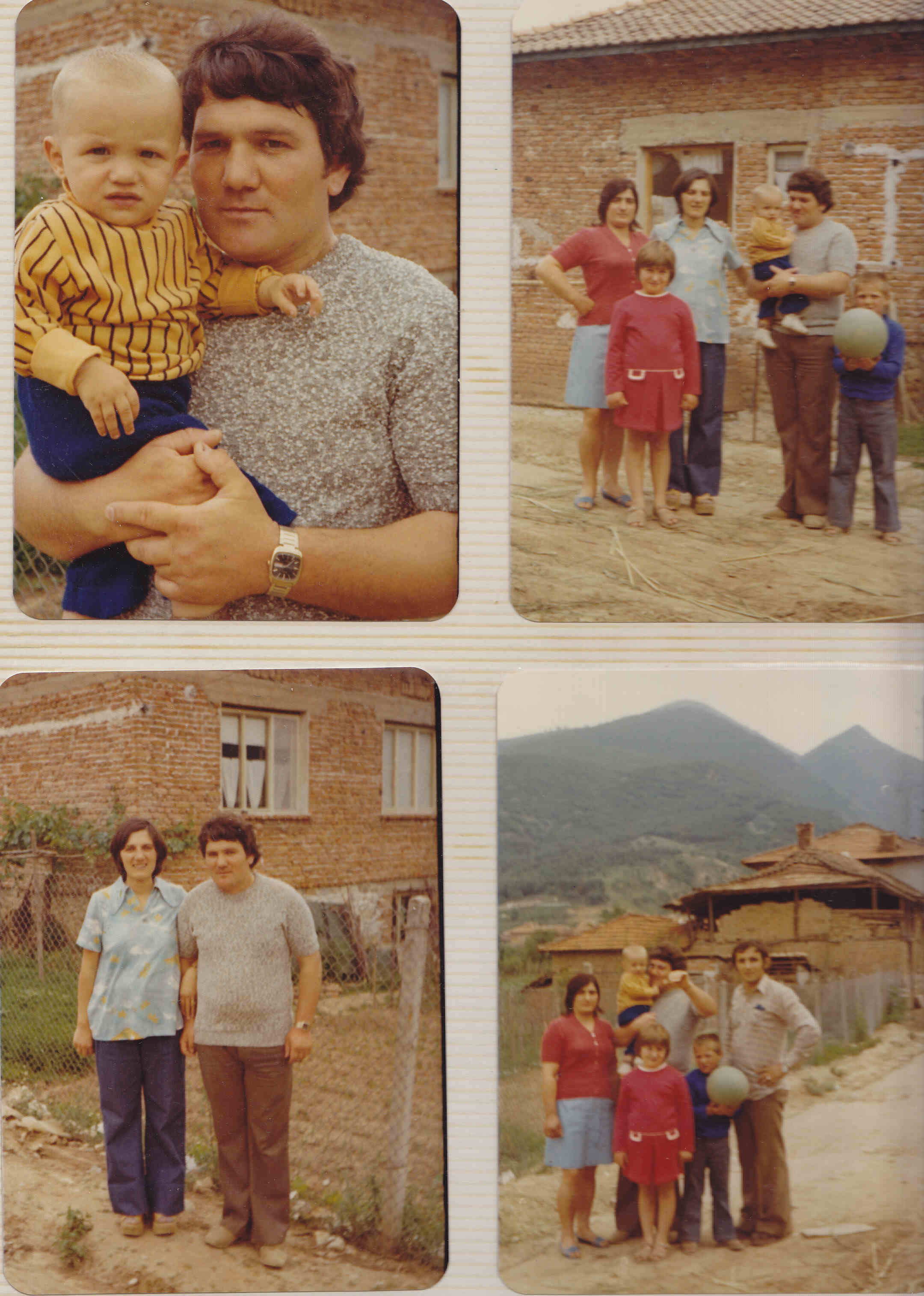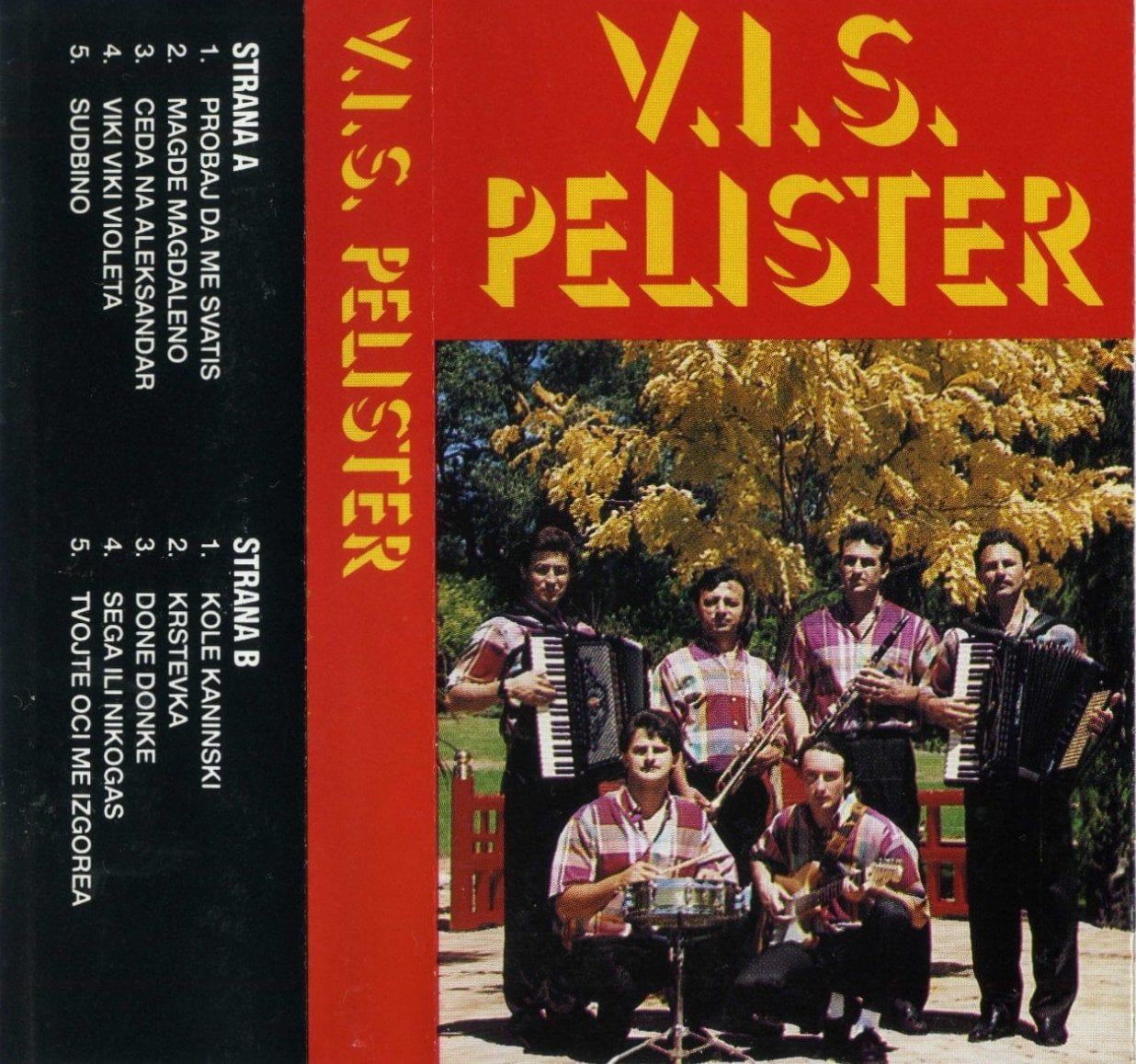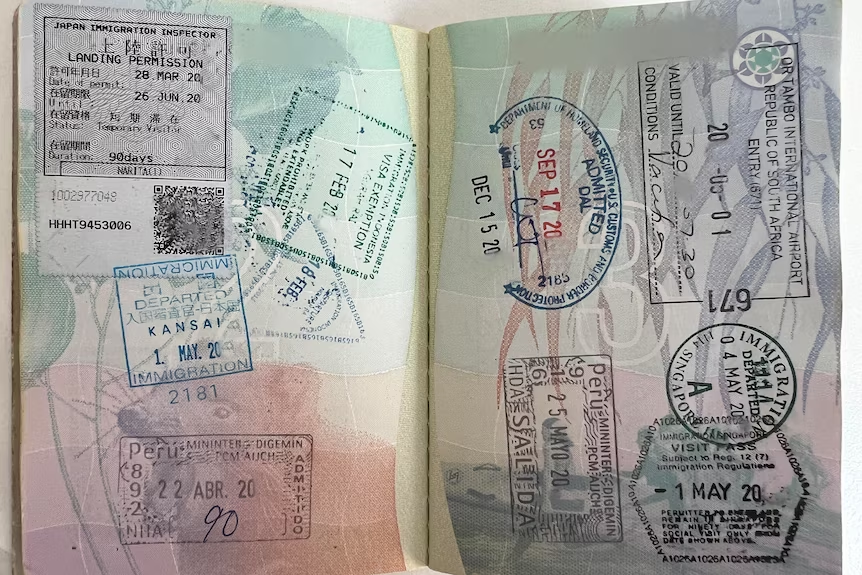30 May is International Day of Potato. Yes, the humble South American root vegetable eaten worldwide has its own day (what doesn't?).
Talk of potatoes has reminded of when a Turkish friend of mine who lives in Poland gave me some great advice for the next time I'd go to his home city of Istanbul. Now like a number of Turks, his family originates from the Muslim-majority Sandžak region of Serbia, and he, like most of them, are very proud of this. They form the larger 'Rumeli' community comprised of Turks of Balkan origin, most descending from the Muhacir refugees of the late 19th and early 20th centuries, as well as the many Yugoslav and Bulgarian Muslims who arrived in the late 20th century. The most prominent of them all was, of course, Mustafa Kemal Atatürk, born in Salonika of parents from Macedonian Turkish origin. My friend wanted me to experience something very Balkan in Istanbul, so he insisted I go to the quaint shoreside neighbourhood of Ortaköy, in the shadow of the huge first bridge to span the Bosphorus. Apparently, I HAD to try the kumpir there.
- "Kumpir?" I said, inquisitively. "As in potato?"
- "What? You've heard of kumpir?" my friend asked, all surprised.
- "Well, 'kompir' is Macedonian for 'potato', so is that what it is?"
And guess what? That's what it is! A Turkish kumpir is a jacket potato... only with far better toppings.
As instructed, and ready with empty stomach, I made my way to Ortaköy, where in the vicinity of the romantically shoreside-located and highly picturesque Büyük Mecidiye Mosque, there is row after row of kumpir stands all waiting to serve you with potato goodness. You can't miss them!

There isn't much to distinguish between the dozens of kumpir stands, though many Istanbullus have their particular favourite stand that they've being going to for years. The toppings these stands usually have on offer include butter, kaymak, cheese, sucuk sausage (a topping that truly makes a kompir a 'kompir'), corn, peas, mayonnaise, carrots, pickles, onions, peppers, herbs and seasonings... and more!
Kumpir stands can be found all throughout Turkiye, particularly in cities and regions where the descendants of Rumeli Turks live. Here are some pics I took in 2024 of kumpir stands in Bursa...


So what's the story of 'kumpir'?
It would seem that judging by its Macedonian name, that it was a Balkan dish introduced to Türkiye. However, coming from a Macedonian family and having lived and extensively travelled in the region, I can't say that I've ever encountered such a dish in the Balkans before seeing them in Istanbul. The truth is that kumpir, despite its name, is a Turkish culinary invention that took off in popularity in the 1980s. Actually, thanks to strong personal, cultural and economic ties between Türkiye and Balkan countries, particularly those with large Muslim populations, rather than going from the Balkans to Türkiye, the past decade has seen kumpir introduced to the cuisines of the Balkans, particularly Bulgaria, where the dish's signature ingredient is the mandatory topping of sudjuk sausage. That Bulgarians are often unaware of the origins of the dish's name demonstrates how much kumpir is a Turkish dish.
As mentioned, the term 'kumpir' comes from Macedonian, though to be exact, it's in a western Macedonian dialectal form (from the region where most Macedonian-speaking Muslims originate). The standardised Macedonian word for potato is actually 'kompir' (компир), though this too is a borrowing. It's actually a corruption that came from krompir/krumpir, the word for potato in Bosnian/Croatian/Serbian/Montenegrin and Slovenian, which in turn had come from the Austrian German dialectal term grumbier, which came from the more formal Austrian German term grundbirne (i.e. 'ground pear'), which was an adaptation of the French term for potato, pomme de terre, i.e. 'apple of the earth'. It was, after all, the Austrians who introduced the potato to the region when what is now Slovenia, Croatia and Vojvodina were under Habsburg rule. However, other Eastern European languages took their word for the root vegetable from the standard High German term, kartoffel (which itself originated from the Italian tartufo, meaning 'truffle'), so in Russian it's картофель (kartofel'), Ukrainian картопля (kartoplya), Romanian cartof and Bulgarian картоф (kartof). Curiously though, the word for potato my grandmother used in her Macedonian dialect from Florina/Lerin in northern Greece was kartul. The Italian patata is the origin for the Albanian patate, Greek πατάτα (patata) and Turkish patates, though an older word in Greek for potato was γεώμηλο, again literally 'ground apple'.
All this linguistically indicates that potatoes are a relatively recent addition to the diet of Balkan people, and that's reflective in the relatively few Balkan dishes using potatoes. Some of the more well-known Balkan potato dishes include pekarski krompir (baked potatoes), krompir na seljački/selski način (village-style potatoes), kompir mandja (potato stew, a favourite of mine) and njoki – yes, gnocchi, very popular along the Adriatic coast and seeing there are hardly any physical items that start with the letter nj/њ in local languages, some primers in 1980s Yugoslavia would suggest 'njoki' as an option when asking pupils to name a food starting with the letter, by which time the potato-based dish had firmly established itself as one of the many staples of what can be classed as 'pan-Yugoslav' cuisine.
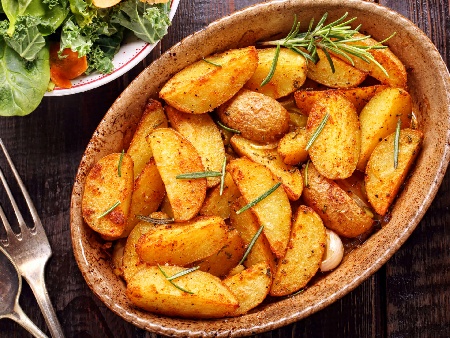
But if we are to go with the most popular potato Balkan dish, then no doubt it is french fries (N. America) or chips (rest of the world), which has been served with dishes as a side in the Balkans for decades or, even better, on top of a sendvič or burger (particularly in Macedonia). For the sake of decorum, you're even handed a little stabber so that you can eat your fries without spoiling your hands. Pomfrit, directly from German, is how ex-Yugoslavia calls fries, but the Bulgarians say пържени картофки ('parzheni kartofki'), i.e. 'fried potatoes'. Don't say 'chips' though, as my father once did in a restaurant in Bulgaria, or else you'll get a giant plate of potato crisps.
No mention about potatoes and the Balkans can go without that classic Macedonian saying 'не возиш компири' i.e. 'you're not driving potatoes'. You can say this to any of the huge number of mad drivers in the Balkans whose passengers are being tossed about at the back like a sack of potatoes. The first time I heard this was when I was a child; we were in a shared taxi going from my father's birth village to the nearby town, a 5-minute trip at most. The driver thought he could outdo Fangio by doing the trip in half the time (like as if we were in any rush... this is the Balkans, after all!). One minute of that white-knuckled ride was enough to get my father to yell out to the driver with that saying. My mother and I thought it was so funny!
To provide a Balkan soundtrack for the International Day of Potato, I had to check if there's any song or instrumental dedicated to the apple of the ground. Trust there to be a Bulgarian kyuchek number about fries, so merci to ork. Varnentsi for their Parzheni Kartofi kyuchek. Enjoy the day with a big bowl of kompir mandja and, as the Croatians say, dobar tek!
Stop press! We can outdo this one. Yet another Bulgarian kyuchek tune, this time dedicated to chips by the... erm... interestingly titled Formatsia Chaushesku i.e. 'Ceauşescu'. Yes, the members of the band sat down and decided that they'll name themselves after the Romanian dictator. Yeah, that makes sense...






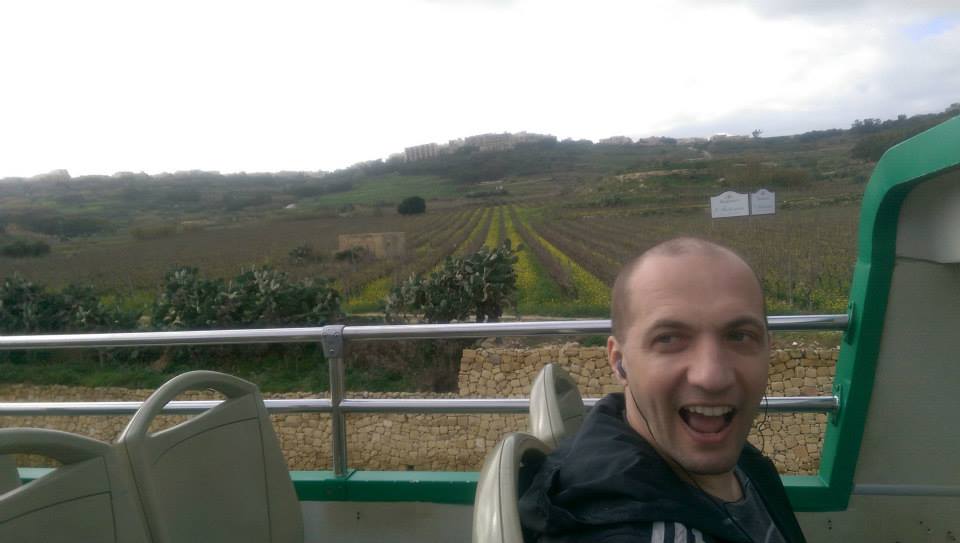
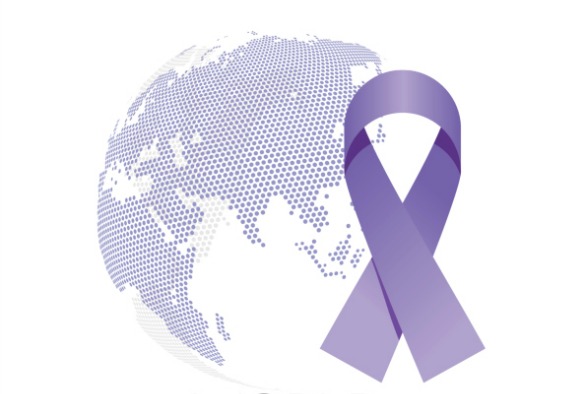
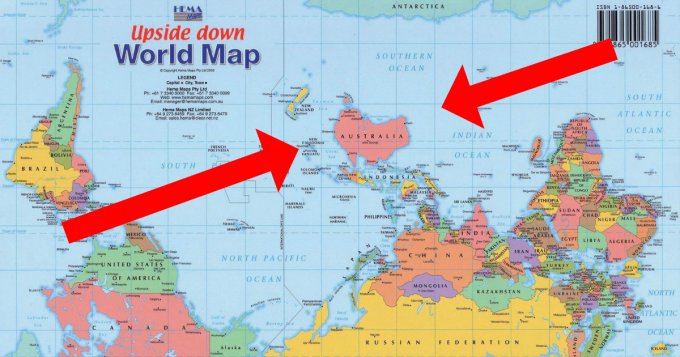



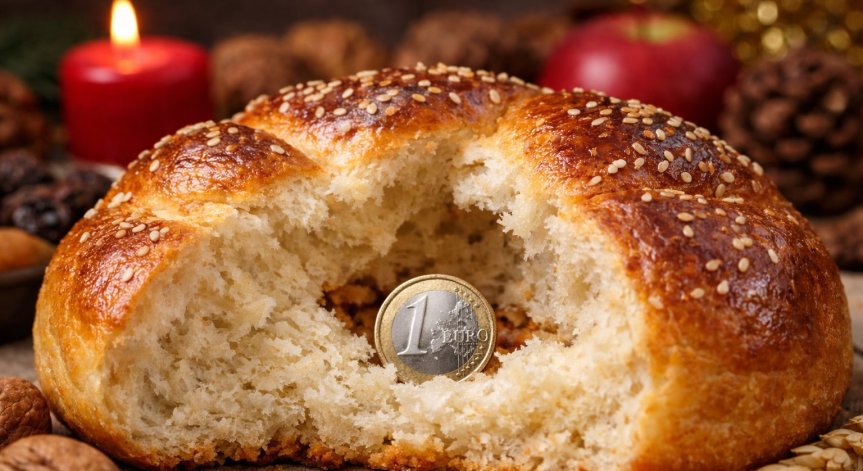


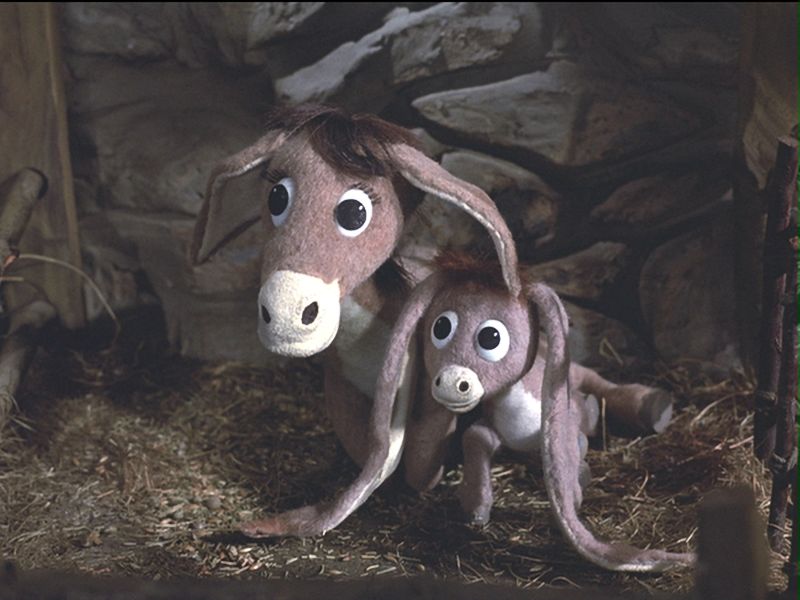




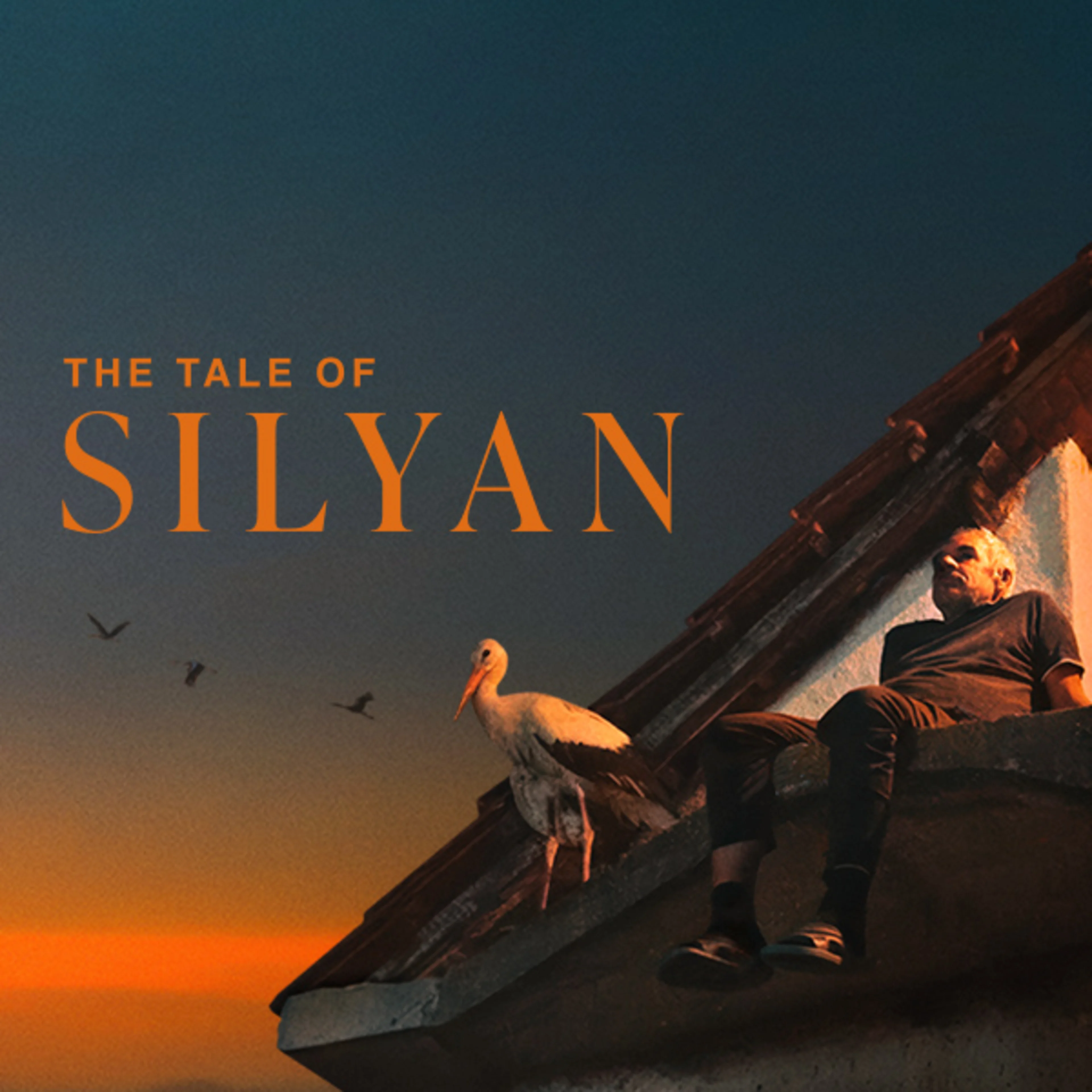








































































.%20A%20day%20of%20campaigning%20%E2%99%80%20%E2%80%A6%20or%20a%20day%20to%20buy%20flowers%20%F0%9F%92%90.jpg)


